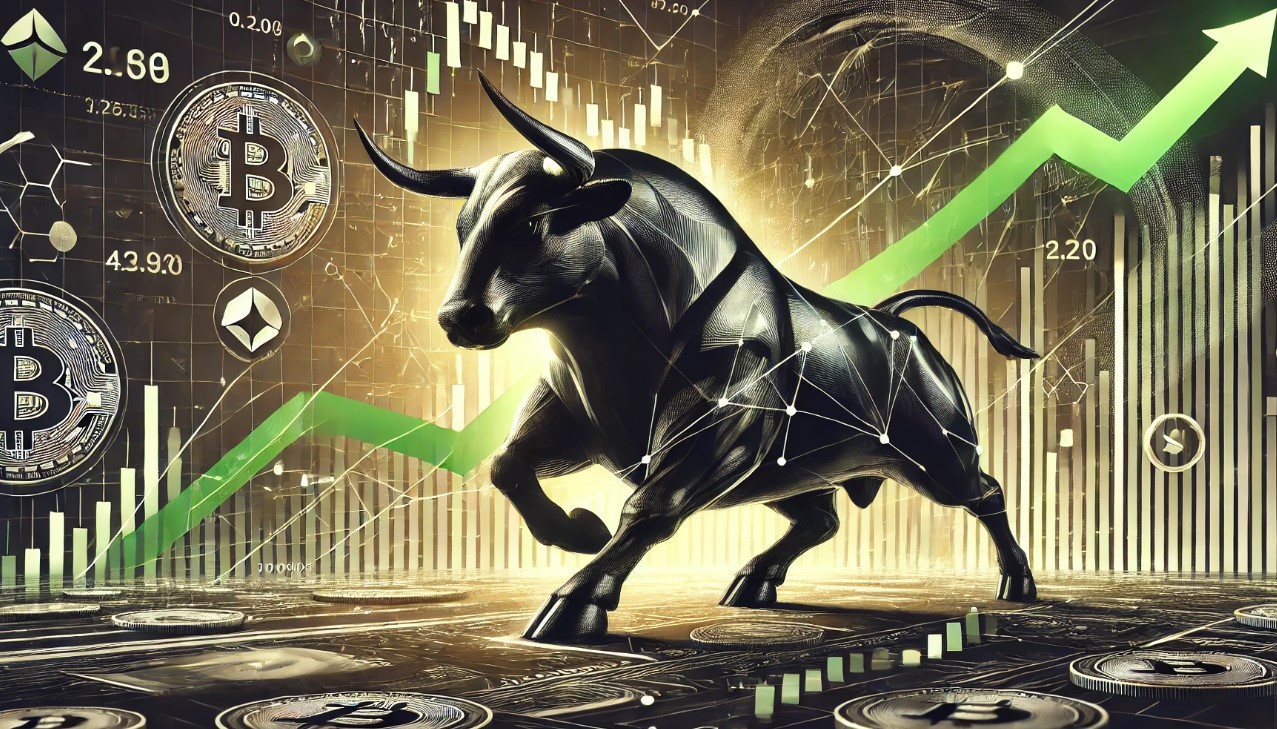ARTICLE AD
The expansion marks a significant step in the company’s efforts to enhance its financial services across the region.
Key Notes
Mercado Libre brings its stablecoin project Meli Dólar to Mexico, enhancing digital financial accessibility.The Latin American e-commerce giant is also planning to expand the dollar-pegged stablecoin to Argentina, making it the third country to access the digital asset after Brazil and Mexico. .Following its successful launch in Brazil in August, Mexican users will soon be able to access the dollar-pegged stablecoin via Mercado Libre’s financial arm, Mercado Pago, where users can buy and sell different cryptocurrencies, including Bitcoin BTC $59 096 24h volatility: 0.9% Market cap: $1.17 T Vol. 24h: $20.29 B and Ethereum ETH $2 311 24h volatility: 0.7% Market cap: $278.14 B Vol. 24h: $13.02 B .
Mercado Libre Expands Access to New Stablecoin
The company’s senior director of product, Juan Vita, announced the expansion during the modular 2024 event in São Paulo, Brazil. According to him, the newly launched stablecoin would soon be available in Mexico, making it the second country in Latin America to receive access to Meli Dólar after its launch in Brazil.
Given its high rate of crypto adoption, Mexico is seen as a strategic market for Mercado Libre’s expansion. According to a recent Chainalysis report, Mexico ranks third in Latin America for crypto adoption, followed by Brazil and Venezuela.
Vita believes that with the country’s acceptance of digital assets, expanding access to Meli Dólar in the region will provide users with a stable alternative to traditional currency, allowing them to protect their wealth in a safe and accessible way.
Future Prospects: Is Argentina Next?
While the expansion into Mexico marks a significant milestone for Mercado Libre, the company is also eyeing other Latin American markets. During the Modular 2024 event, Vita hinted at the potential for Meli Dólar to launch in Argentina, pending regulatory approval.
Although no specific timeline was provided, Argentina, like Mexico, is a hotbed of crypto activity. Citizens frequently turn to digital assets to preserve the value of their money in the face of economic instability and inflation.
The potential introduction of Meli Dólar in Argentina would further cement the company’s position as a leader in Latin America’s fintech and crypto space. Given the country’s reliance on digital assets as a hedge against inflation, the stablecoin could provide much-needed financial stability to Argentine users.
A Fee-Free Solution
When the stablecoin was launched in August, Mercado Libre disclosed that it was developed in partnership with Argentina’s crypto exchange Ripio. The digital asset aims to provide a secure way for users to maintain the value of their money amid fluctuating local currencies.
The company explained that Meli Dólar is fully backed by US Treasury bonds and pegged 1:1 to the value of the country’s national currency, the US dollar. The stablecoin is designed as an attractive option for those looking to preserve the value of their money in economies prone to inflation and devaluation.
In addition to its stability, Meli Dólar offers the convenience of fee-free transactions. Mercado Libre does not charge users for buying, selling, or transferring the stablecoin, ensuring it remains a cost-effective option for customers. Users can use their existing balances to buy the stablecoin directly from Mercado Pago without any added costs.
Disclaimer: Coinspeaker is committed to providing unbiased and transparent reporting. This article aims to deliver accurate and timely information but should not be taken as financial or investment advice. Since market conditions can change rapidly, we encourage you to verify information on your own and consult with a professional before making any decisions based on this content.
Cryptocurrency News, Market News, News

Chimamanda is a crypto enthusiast and experienced writer focusing on the dynamic world of cryptocurrencies. She joined the industry in 2019 and has since developed an interest in the emerging economy. She combines her passion for blockchain technology with her love for travel and food, bringing a fresh and engaging perspective to her work.

 2 months ago
22
2 months ago
22 

